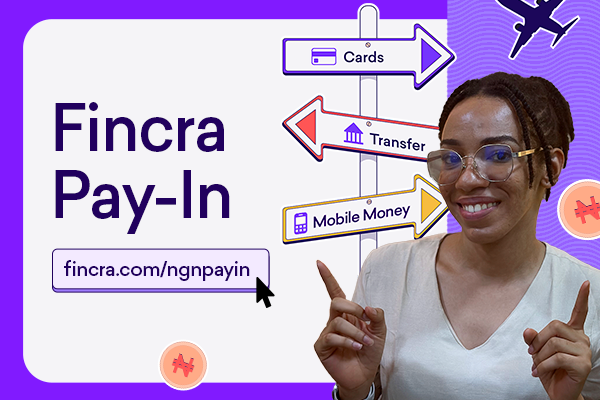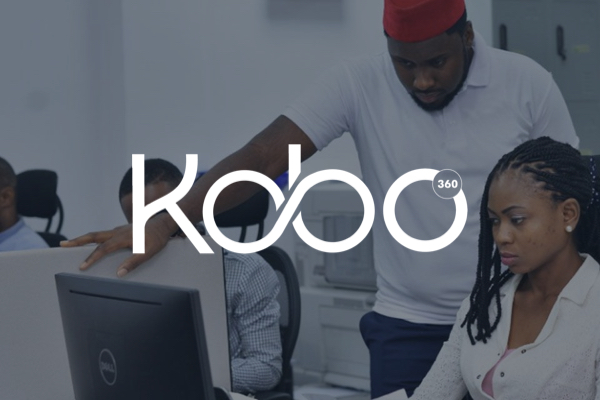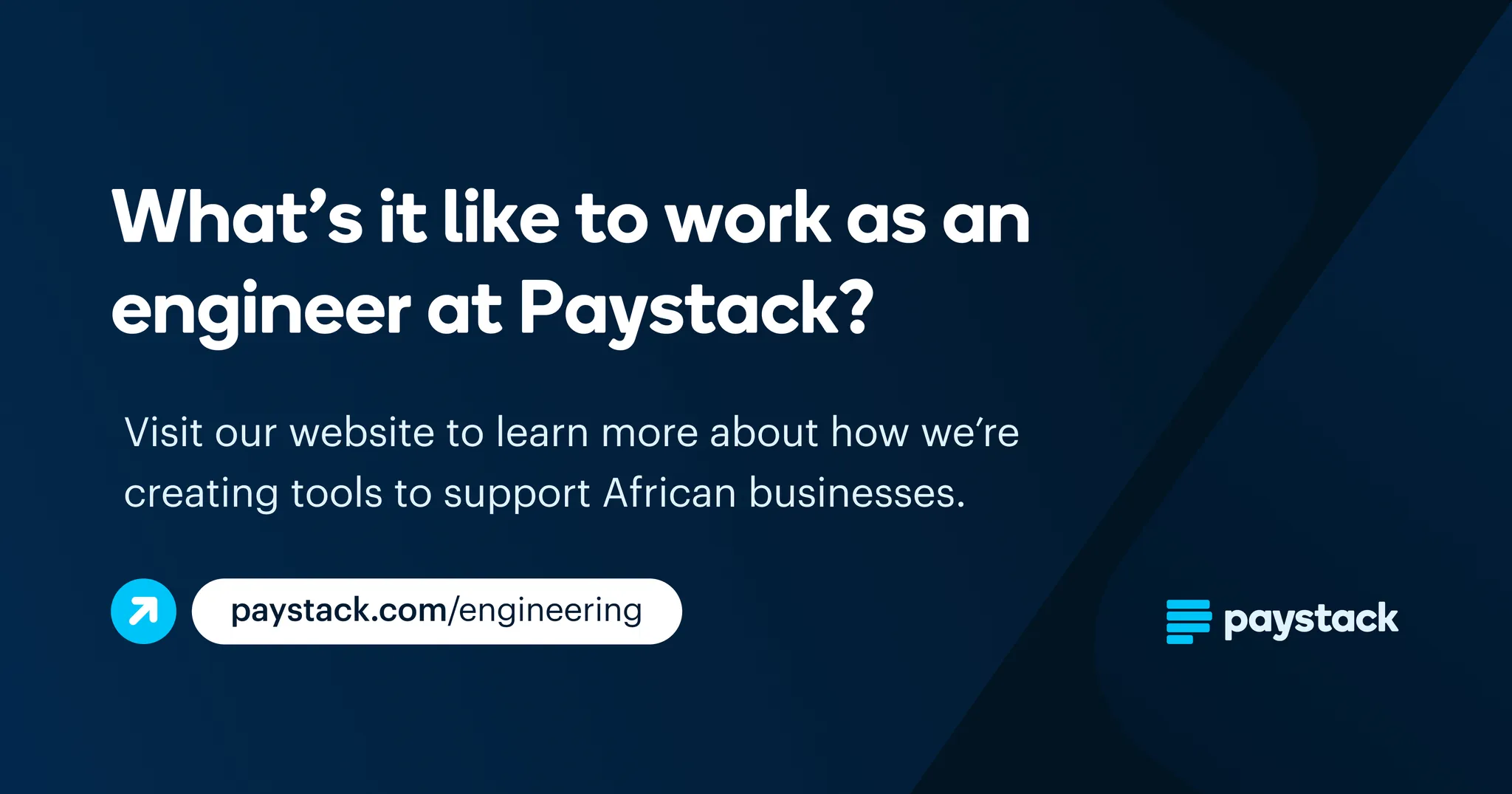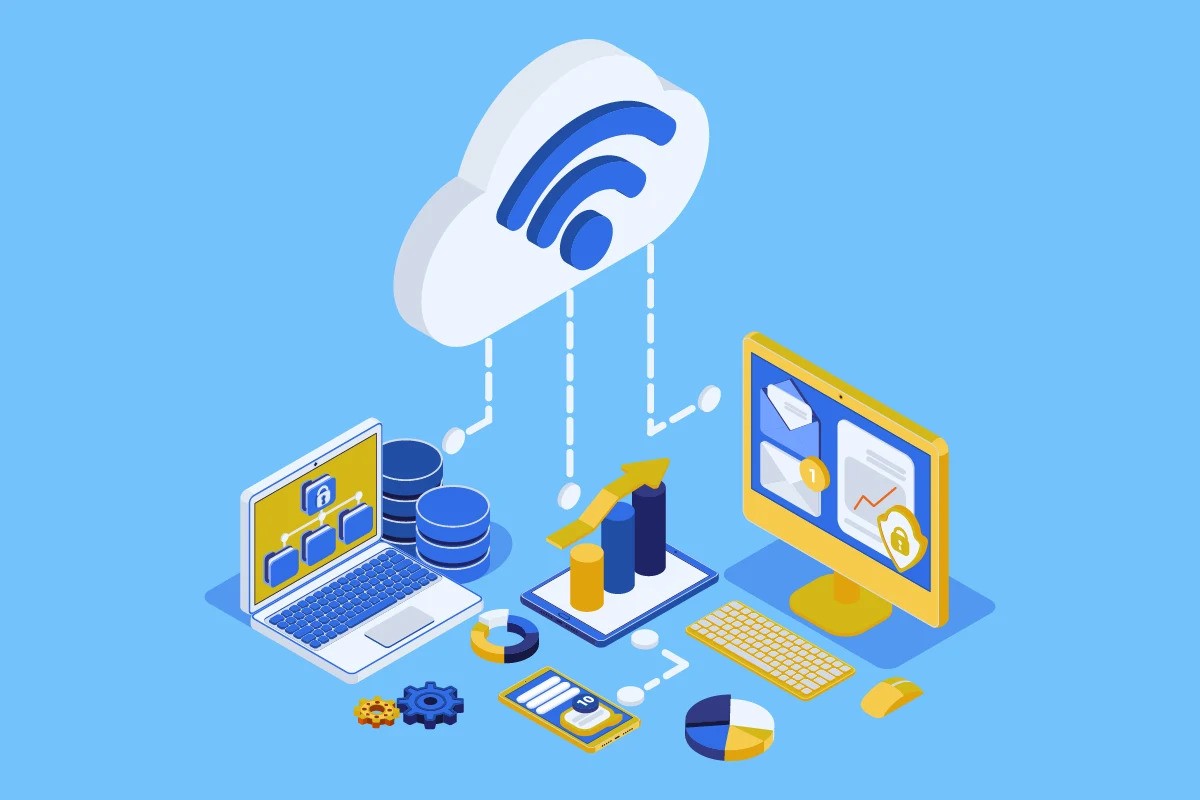- 👨🏿🚀TC Daily
- Posts
- No shaking
No shaking
Today: A big step forward for payments in Kenya.


Good morning☀️️
Let's dive right in.

Telecoms
NCC approves 50% tariff hike for Nigerian telcos

While the December holidays were in full swing, TechCabal’s Frank Eleanya reported that the proposal to raise Telco tariffs (a.k.a. the amount you pay for calls, texts and data) was a done deal.
Here's what Frank wrote at the time:
“The Nigerian Communications Commission (NCC) will approve a long-pending proposal for telecom tariff hikes…in January 2025. This marks the end of over a decade of lobbying by telecom giants like MTN Nigeria, Airtel, and 9Mobile.”
At the time, one person with direct knowledge of the talks shared that the conversations began in October 2024, with telcos asking for 100% increases. Reality was a little disappointing, with the NCC capping the increase at 50%.
While it will still prove deeply unpopular, some will argue that telco prices should not be regulated in the first place. Companies in other sectors have raised (and continue to raise) prices in response to inflation, yet telcos have been forced to sit there and eat the losses.
After billions in losses in 2023 and 2024, something had to give—50% to be precise.
Will it be sufficient for the long term? That appears doubtful. But for now, the telcos get a bit of relief.
Now imagine if you had bought telco shares when we broke the news in December (this is not financial advice!)
Collect payments Fincra anytime anywhere

Are you dealing with the complexities of collecting payments in NGN, GHS or KES? Fincra’s payment gateway makes it easy to accept payments via cards, bank transfers, virtual accounts and mobile money. Get started now.
Fintech
A big step forward for payments in Kenya

Last week, Safaricom, Kenya's largest Telco, published a joint report with the Kenya Bankers Association (KBA) where it estimated that building a new fast payment system (FPS) could cost $200 million and require four years to complete.
In that report, the telco argued that upgrading the Pesalink, which facilitates interbank transfers between 39 banks in Kenya, will save the Central Bank of Kenya (CBK) money compared to building the FPS. Following that report, Safaricom’s mobile money platform, M-Pesa is now set to join Pesalink.
Pesalink’s current infrastructure doesn't support mobile money platforms. As a result, sending money from M-Pesa to a bank account is more expensive than bank-to-bank transfers via Pesalink. Also, M-Pesa users cannot receive money from bank transfers, revealing the flaw in Kenya's fragmented payment system.
If M-Pesa joins Pesalink, it will make transfers between the mobile money platform and banks cheaper and seamless, helping the country achieve interoperability. The move will also usher in other Kenyan mobile money platforms like Airtel Money into the network.
Importantly, M-Pesa's proposal could be a strategic move to convince the CBK to upgrade Pesalink instead of building a new FPS. M-Pesa is a widely popular payment service for Kenyans, with users processing more than 61 million transactions daily. Compared to banks, 69% of Kenyan adults do not have bank accounts.
This popularity will give fintech a vote of confidence and help fast-track its proposal as banks and other financial service players in the ecosystem see the advantages of onboarding M-Pesa. With M-Pesa as part of the network, a huge pool of Pesalink adopters will instantly be created.
Companies
Goldman Sachs-backed Kobo360 cut jobs in November as part of restructuring

It feels like ancient history when technology-enabled logistics was the sexiest sector in Africa. Companies raised money hand over fist with the assumption that an Uber-type (on-demand) model could bring order to the chaos of haulage.
Kobo360 was at the forefront of that charge, promising to match manufacturers and trading houses to truck owners.
Yet, using technology to solve that problem was a real Gordian knot.
Here's Kobo360’s founder in a 2022 conversation:
“How do you derisk a truck driver to a bank or financial institution? They don’t want to touch drivers.”
“The banks wanted us to ensure we charge the financing costs before they could touch them. They wanted us to structure something where we provide the first loss tranche — that is, if a service isn’t completed, Kobo bears the first loss.”
The understanding of the haulage business model remains in flux. And for Kobo360, that has meant leadership changes and in November 2024, some business restructuring.
Here's Ngozi Chukwu in a Monday news story:
“Kobo360, a Nigerian truck-hailing startup backed by Goldman Sachs, implemented a company-wide layoff across its seven markets in November 2024. The job cuts followed the exit of immediate ex-CEO Cikü Mugambi who cited difficulty with fundraising as one of the reasons for her departure. In its largest market, Nigeria, Kobo360 cut at least 30 roles from its 50-person team, according to four employees affected by the layoffs. It is unclear how many roles were cut in other markets.”
What’s it like to work as an engineer at Paystack?

Paystack’s engineering team builds simple, powerful tools to connect African businesses to customers. Learn more →
Cloud Computing
Nigeria's cloud players say they're more than just pricing

Smaller competitors often feel the heat when major players expand in a market. But for Nigerian cloud providers, AWS’s decision to accept naira payments isn’t a game-changer.
Last week, AWS announced it would now accept naira payments, signalling a potential shakeup in Nigeria’s $1.03 billion cloud market (projected for 2025). For startups earning mostly in naira, the move offers relief from dollar-denominated pricing, which has doubled cloud costs following a 2023 naira devaluation.
Local cloud providers, however, say the move isn’t a game changer. Their naira-based billing—designed to shield businesses from exchange rate volatility—has been their core pitch for years. Nobus Cloud, for instance, claims its services cost 30-35% less than AWS, offering a clear price advantage.
But cost isn’t their only edge. Locally hosted solutions, tailored to Nigerian businesses, and compliance with local regulations give them added credibility. This “built-for-Nigeria” approach resonates with many customers.
Still, the competitive landscape is evolving, with Chinese giant Huawei entering the fray. To stay ahead, local providers may need to double down on their unique value propositions.
CRYPTO TRACKER
The World Wide Web3
Source:

Coin Name | Current Value | Day | Month |
|---|---|---|---|
| $102,200 | - 0.22% | + 6.26% | |
| $3,238 | - 1.32% | - 2.17% | |
$3.71 | - 59.10% | - 49.36% | |
| $3.07 | - 0.98% | + 39.29% |
* Data as of 06:05 AM WAT, January 21, 2025.
Events
- The Lagos Tech Fest is set to hold its fifth edition from February 19–20, 2025 at the Landmark Event Center, VI, Lagos. Lagos Tech Fest gathers startups, innovators, investors, and government representatives to shape Nigeria's tech future through conferences, exhibitions, networking, and driving ecosystem investments. Get a ticket here.

Written by:Emmanuel Nwosu, Ganiu Oloruntade & Muyiwa Olowogboyega
Edited by: Timi Odueso & Olumuyiwa Olowogboyega
Want more of TechCabal?
Sign up for our insightful newsletters on the business and economy of tech in Africa.
- The Next Wave: futuristic analysis of the business of tech in Africa.
- TC Scoops: breaking news from TechCabal
P:S If you’re often missing TC Daily in your inbox, check your Promotions folder and move any edition of TC Daily from “Promotions” to your “Main” or “Primary” folder and TC Daily will always come to you.

How did you find today's edition of #TCDaily? |


